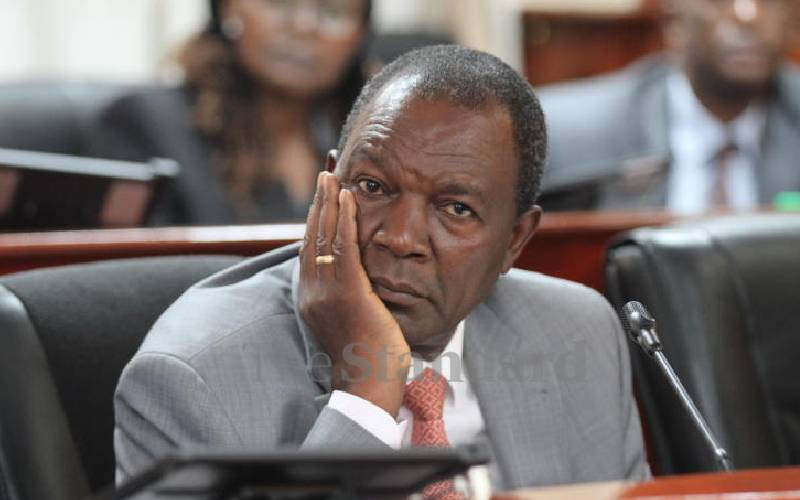
On Thursday, Treasury Cabinet Secretary Njuguna Ndungu will read out the Budget Statement to Kenyans. For those with long memories, we know this is not the Budget Speech of yore.
Indeed, our Constitution does not require any such address, since Parliament "makes" the Budget from information collated and shared by the three arms of Government. Actually, each arm of government separately submits its own budget to the National Assembly. The Executive (via National Treasury), Judiciary (Judiciary Fund as Judiciary plus Judicial Service Commission) and Parliament (through a Parliamentary Service Commission which now has four budget votes).